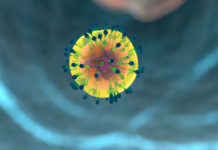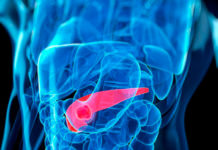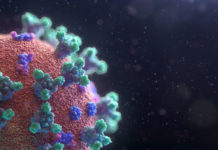
It turned out that tobacco is able to protect humankind from cancer, despite the apparent paradox of this conclusion. Scientists from the University of La Trobe in Australia made a discovery: it turns out, tobacco’s natural defense mechanism can be used to destroy cancer cells in the human body.
It should be noted that this is not about smoking tobacco, but about the Winged Tobacco plant (Nicotiana alata). Although it is kindred to the tobacco, which is used in cigarette and cigars, it is a different kind of tobacco.
This tobacco attracted scientists’ attention primarily for its flowers. A series of experiments proved that they contain NaD1 protein. Previously it was considered that the protein is able to resist fungus and bacteria. Recent work has shown that NaD1 finds and destroys cancer cells.
It is noteworthy that tobacco protein affects only pathogenic cells, leaving healthy cells untouched. With the special structure (reminiscent of crab claws), the protein molecules are attached to cancer cells in a way that captures the lipids in the cell membrane. The result is an “explosion” – the sick cell simply bursts.
Preliminary tests, according to scientists, look very promising, though it demands years of laboratory and clinical trials before the drug on the basis of tobacco will be created.
Mark Hewlett, a coauthor of the study, admitted there was a kind of irony in the fact that the mechanism of protection against cancer had been found in tobacco plants flower. However, this is an important discovery.
Note that this is not the first time tobacco has been considered an anti-cancer component. For example, Canadian researchers are actively engaged in clinical trials of the drug, consisting of genetically modified tobacco and intended for the treatment of cancer. Experiments on rats have given very encouraging results: the rodents who took the plant extract got ill with cancer 70% less often.
Russian experts have developed a technology for producing anticancer antibodies with Australian tobacco cells. The product obtained by the new technology is in preclinical testing – it is being tested on mice.






